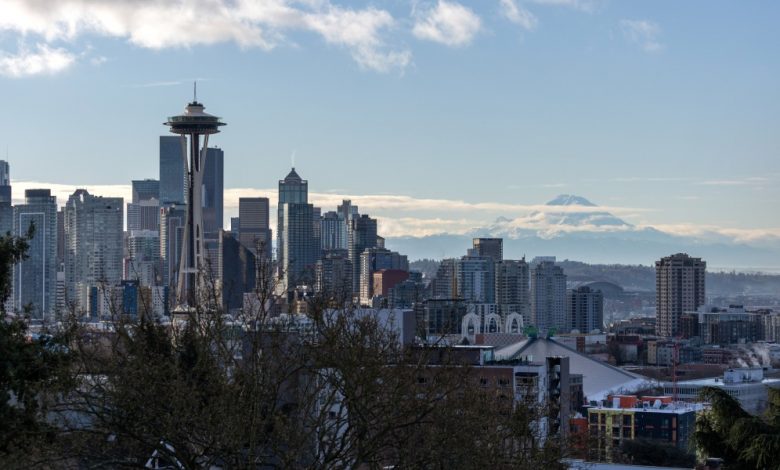Caste discrimination may be prohibited in Seattle

Seattle City Council members are preparing to vote on whether to add caste to the city’s antidiscrimination laws. If approved, Seattle would be the first city in the United States to do so.
The proposed regulation, which will be considered on Tuesday, is a contentious issue, particularly in the country’s South Asian diaspora. Proponents argue it is necessary because caste is not covered by existing civil rights protections. Groups opposed to the measure say it will slander a community already the target of prejudice.
Activists and organizers from different sides of the issue arrived in Seattle Monday.
In the past week, more than 100 people had made requests to speak. Early Tuesday, several activists braved cold temperatures and gusty winds to line up outside City Hall so they could speak to the council ahead of the vote.
Councilor Kshama Sawant, a socialist and the only Indian-American woman on the city council, said her proposed regulation does not single out one community but takes into account how caste discrimination crosses national and religious lines.
The origins of the caste system in India can be traced back 3,000 years as a social hierarchy based on occupation and birth. It is a system that developed under Muslim and British rule over the centuries. The suffering of those at the bottom of the box pyramid – known as Dalits – continues. Caste discrimination has been banned in India since 1948, a year after the country gained independence from British rule.
Dalit activists from Seattle and beyond were planning two rallies at Seattle City Hall in support of the ordinance, said Thenmozhi Soundararajan, founder and executive director of California-based Equality Labs.
The US is the second most popular destination for Indians living abroad, according to the Migration Policy Institute, which estimates the US diaspora has grown from about 206,000 in 1980 to about 2.7 million in 2021. The group South Asian Americans Leading Together reports nearly 5.4 million South Asians live in the US – up from the 3.5 million counted in the 2010 census. Most have their roots in Bangladesh, Bhutan, India, Nepal, Pakistan and Sri Lanka.
In the last three years, several college and university systems have moved to outlaw caste discrimination.
In December 2019, Brandeis University near Boston became the first US college to include caste in its nondiscrimination policy. The California State University System, Colby College, Brown University and the University of California, Davis have all taken similar action. Harvard University instituted caste protections for student workers in 2021 as part of its contract with its graduate student union.
The proposed Seattle action has the support of Dalit activist-led organizations such as Equality Labs and others. The groups say caste discrimination is rife in diaspora communities, manifesting itself in the form of social alienation and discrimination in the housing, education and technology sectors, where South Asians play key roles.
Opposition to this proposed regulation comes from groups like the Hindu American Foundation and the Coalition of Hindus of North America, who say it unnecessarily singles out a community already vulnerable to discrimination in the US
Learn how to navigate and build trust in your organization with The Trust Factor, a weekly newsletter exploring what leaders need to succeed. Login here.



